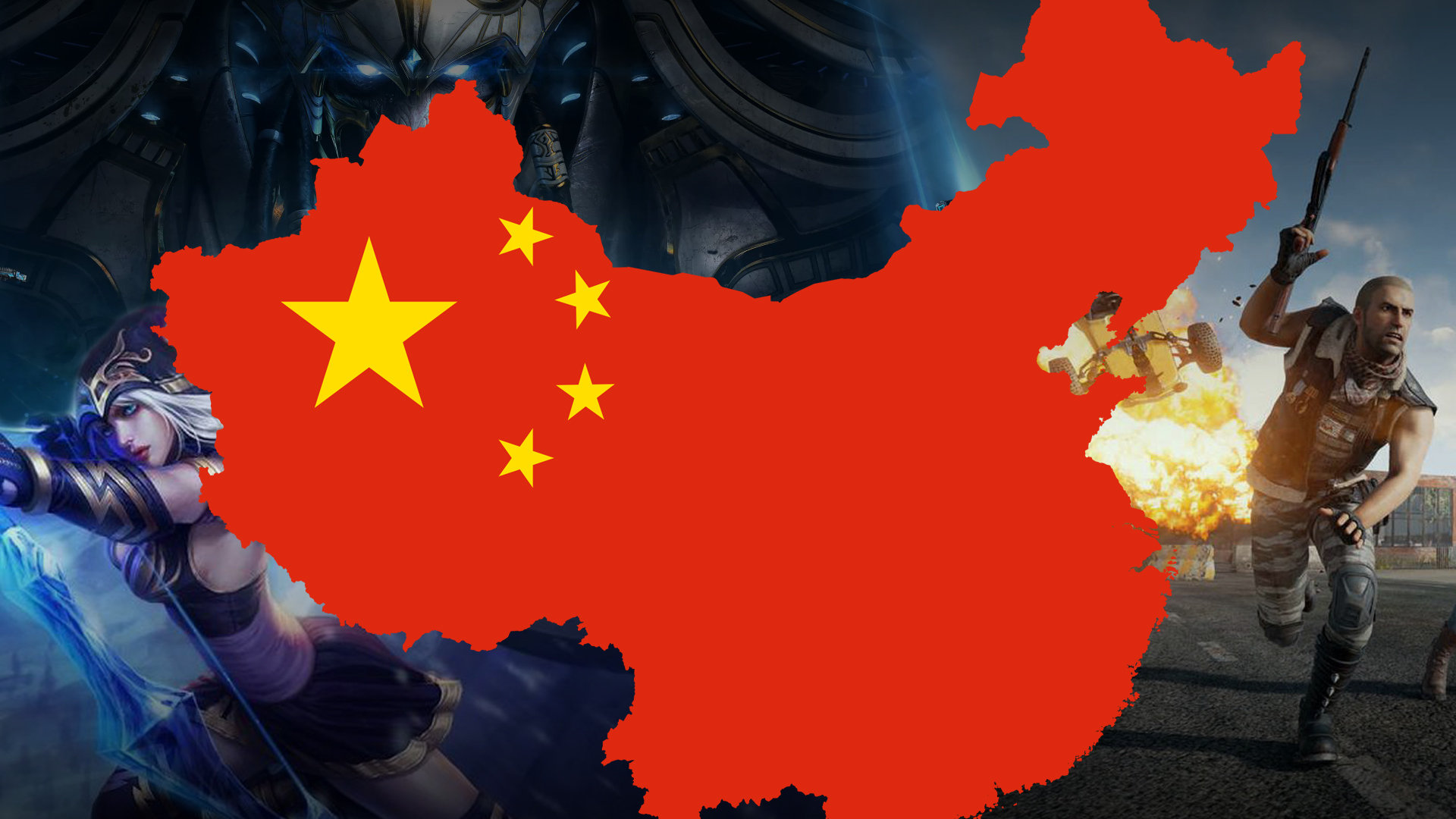China's tech crackdown is creating a gloomy outlook even for titans like Tencent
Report suggests overseas expansion of China's biggest games companies is driven partly by frustration at home.

The Chinese videogame industry has experienced its first fall in users and revenue in 14 years, according to a new report from Barron's. The report comes after a year in which the Chinese government applied strict restrictions across the country's entire tech industry—restrictions which have only recently shown signs of relaxing.
According to the experts Barron's interviewed, the Chinese gaming industry—especially its biggest companies like Tencent and NetEase—is struggling under Beijing's approvals process for new game releases, which was recently frozen for eight months. The last year has also seen China impose new restrictions on the time that under-18s can spend playing online games and tighter censorship of in-game content, making it harder for the country's games industry to operate at home.
14,000 "small studios and gaming-related firms" had recently closed as of December 2021, according to the South China Morning Post. In 2022, things aren't going better: Only 172 games have been approved for release by the Chinese government this year compared to 755 that had been approved by the same period in 2021. Even more alarming for China's most recognisable game companies is that the vast majority of those approvals were given to relatively small game devs and publishers; NetEase and Tencent remain iced out.
Barron's spoke to business professor Nir Kshetri, who explained that the government's unwillingness to approve licensed foreign games and "hardcore" (which I think we can loosely translate to 'big budget' or 'AAA') games "somewhat explains [Tencent and NetEase's] rush into overseas markets". In other words, one of the reasons Tencent keeps buying up game companies abroad is that it's not getting fed at home.
The report paints a pretty chaotic picture of Chinese game development right now. Although the other expert Barron's spoke to—Daniel Ahmad of Niko Partners—predicted that the pressure on Tencent and NetEase would ease up in future batches of game approvals, it hardly seems surprising that those companies are focusing on overseas markets like the US. Meanwhile, Chinese games companies that don't have the resources of a gargantuan multinational have simply given up and closed down over the past year, the report says.
Back in 2020, we examined China's exciting indie game development scene and its precarious position at the time. The situation does not appear to have become more favorable for small studios over the past two years, but the good news is that the introduction of Steam China has not ended the Chinese public's ability to access to Steam's global client as feared, and we continue to see interesting games from China appear on the global Steam store. In April, Steam ran a week-long event highlighting games from China.
The biggest gaming news, reviews and hardware deals
Keep up to date with the most important stories and the best deals, as picked by the PC Gamer team.

One of Josh's first memories is of playing Quake 2 on the family computer when he was much too young to be doing that, and he's been irreparably game-brained ever since. His writing has been featured in Vice, Fanbyte, and the Financial Times. He'll play pretty much anything, and has written far too much on everything from visual novels to Assassin's Creed. His most profound loves are for CRPGs, immersive sims, and any game whose ambition outstrips its budget. He thinks you're all far too mean about Deus Ex: Invisible War.

